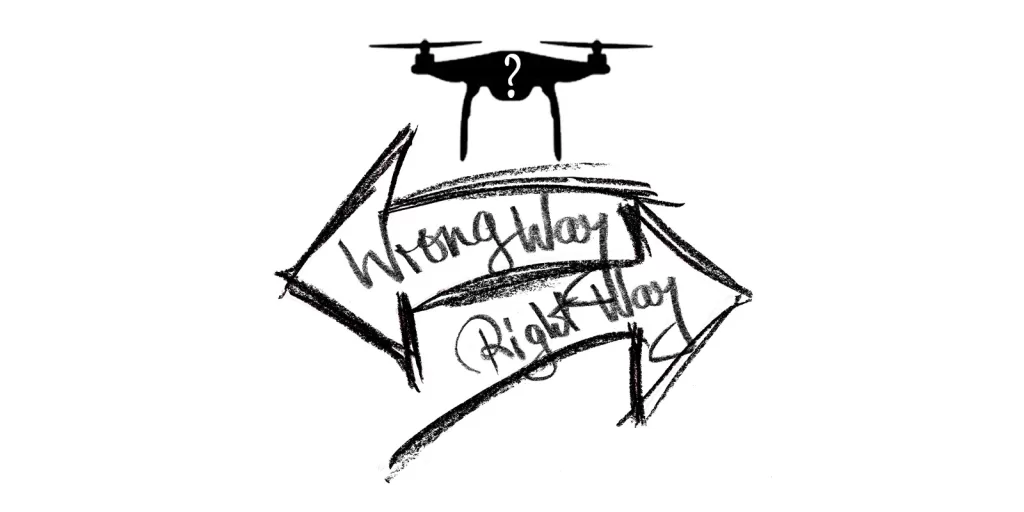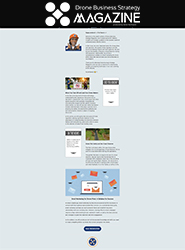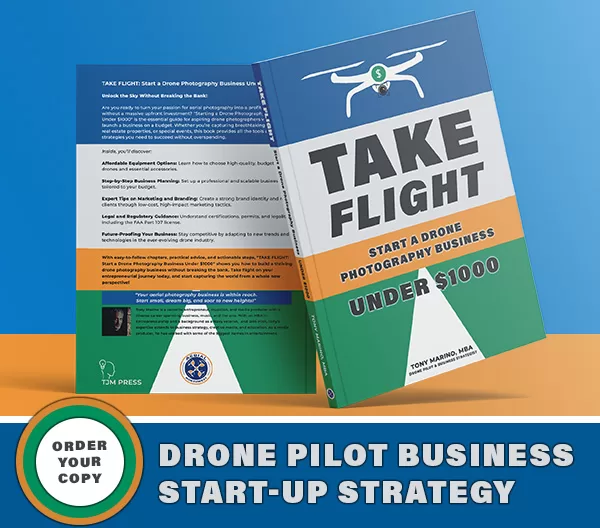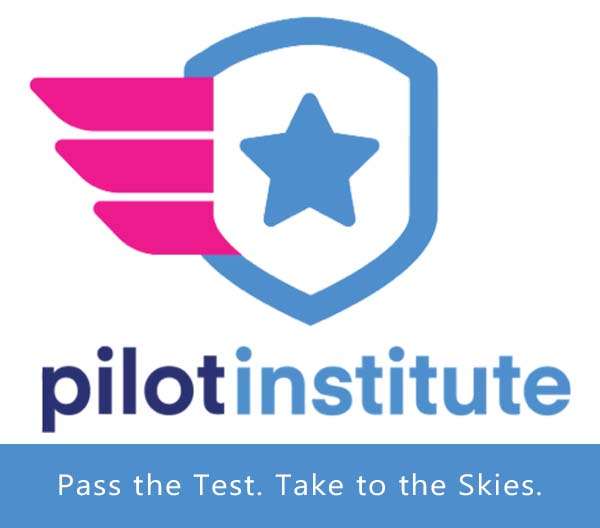
In the bustling world of commercial drone operations, legality often takes center stage. However, legality alone does not guarantee ethical behavior. The skies over the general public are not just a canvas for aerial endeavors but a shared space where ethical considerations must guide every flight.
In this article, we delve into the significance of upholding ethical standards in drone operations, highlighting why it’s not only the right thing to do but also a smart strategy for mitigating risks.
Understanding Ethics in Drone Flight
Ethics in drone flight extend beyond mere compliance with regulations. It encompasses the moral principles and values that govern the conduct of pilots, emphasizing respect, responsibility, and consideration for others. Ethical drone flight involves a conscientious approach to navigating the skies, prioritizing safety, privacy, and environmental preservation.
The Intelligent Approach to Ethical Drone Operations
1. Risk Mitigation: Following ethical standards minimizes the risk of accidents, injuries, and property damage. Prioritizing safety protocols and avoiding reckless behavior safeguard both the public and the reputation of drone operators.
2. Building Trust: Ethical conduct fosters trust and credibility within the community. Clients, stakeholders, and the public at large are more likely to engage with drone operators who demonstrate a commitment to ethical practices, enhancing opportunities for business growth and collaboration.
3. Legal Compliance: Ethical standards often align with legal requirements, ensuring that drone operations remain within the bounds of the law. By upholding ethical principles, pilots reduce the likelihood of legal repercussions and regulatory sanctions.
4. Enhanced Reputation: Operating ethically contributes to a positive reputation in the industry. Word-of-mouth recommendations and favorable reviews from satisfied clients are invaluable assets that stem from ethical conduct.
Consequences of Ethical Lapses
The consequences of disregarding ethical standards in drone operations can be severe, both professionally and personally. Here are a few examples:
1. Privacy Violations: Unauthorized surveillance or intrusion into private spaces can lead to legal disputes, tarnishing the reputation of the pilot and their business.
2. Safety Incidents: Negligent flying practices, such as flying over crowds or near restricted areas, increase the risk of accidents and may result in injury or property damage.
3. Environmental Damage: Ignoring environmental regulations and flying in protected or sensitive areas can harm ecosystems and wildlife, leading to environmental degradation and potential legal penalties.
Drone Pilot Code of Ethics
As responsible members of the drone community, we adhere to the following code of ethics to guide our conduct and uphold the highest standards of professionalism and integrity in all our flight activities:
1. Safety First: We prioritize safety above all else, adhering to established protocols and guidelines to minimize risks to people, property, and the environment.
2. Respect for Privacy: We respect the privacy of individuals and property owners, obtaining necessary permissions before conducting flights in private or sensitive areas, and avoiding unauthorized surveillance.
3. Environmental Stewardship: We commit to environmental stewardship, avoiding flights in protected areas and minimizing our impact on ecosystems and wildlife.
4. Transparency and Accountability: We maintain transparency in our operations, accurately representing our capabilities, and adhering to legal and ethical standards. We take responsibility for our actions and strive to rectify any mistakes or lapses in judgment.
5. Continuous Learning and Improvement: We embrace continuous learning and skill development, staying updated on industry best practices, regulations, and technological advancements to ensure ongoing competence and professionalism.
By abiding by this Drone Pilot Code of Ethics, we demonstrate our dedication to safe, responsible, and ethical drone operations, contributing to the positive perception of drone technology and fostering trust within our communities and industries.
Responding to Law Enforcement and Public Curiosity
Responding to Law Enforcement
1. Be Cooperative and Respectful: When approached by law enforcement, remain calm and cooperative. Respectfully comply with their requests and provide necessary documentation, such as permits or authorization, to demonstrate compliance with regulations.
2. Educate and Inform: If questioned about the nature of the aerial mission, provide law enforcement with a brief overview of the purpose and scope of the operation. Explain any safety measures in place and reassure them of adherence to legal and ethical standards.
Addressing Curiosity from the Public
1. Educate and Inform: Engage with curious individuals in a friendly and informative manner. Explain the purpose of the aerial mission and highlight any relevant safety measures or precautions being taken.
2. Respect Privacy Concerns: Acknowledge and address any privacy concerns raised by members of the public. Reassure them of adherence to privacy regulations and emphasize the responsible use of drones for legitimate purposes.
Conclusion: The Takeaway
By adhering to these ethical standards and responding to law enforcement and public curiosity with transparency, professionalism, and respect, drone pilots can demonstrate their commitment to ethical conduct and contribute to a positive perception of drone technology in society. Ethical drone flight strategy is not just a moral imperative but a strategic imperative for success in the industry.
By prioritizing ethics, drone pilots can build trust, mitigate risks, and pave the way for responsible and sustainable operations in the skies above us all.
If you have any questions, let us know! If you’d like to hire us, you can get more information here.
Written by: Tony Marino, MBA – FAA Certified Part 107 Commercial Drone Pilot and Chief Business Strategist at Aerial Northwest
Disclaimer: The information provided in this blog post is for general informational purposes only and should not be construed as legal advice.
Resources
- FAA Resources: FAA DroneZone
- Article: Drone Pilot Aerial Photography Business Plan Blueprint 2024
- Article: Top 5 Drone Pilot Marketing Channels for 2024

DRONE BUSINESS STRATEGY MAGAZINE
A free digital publication made exclusively for all small business drone pilots to them help start-up, become profitable while sustaining a competitive advantage within the drone service industry sector they opt to serve.
“If you love to fly, we’d love to have you come aboard!”
We share your information with no one. Our Privacy Policy.









Leave a Reply
Your email is always safe with us.